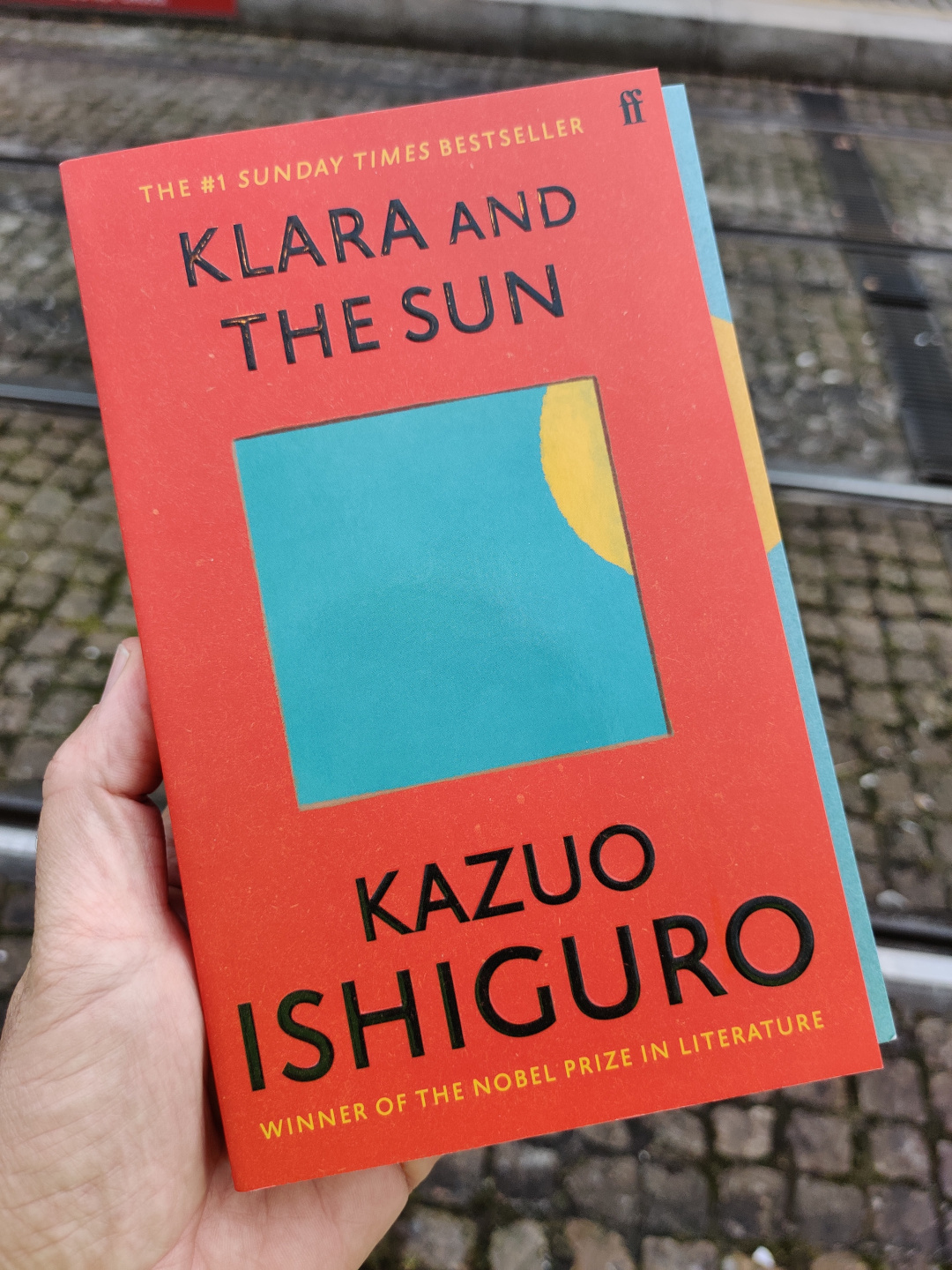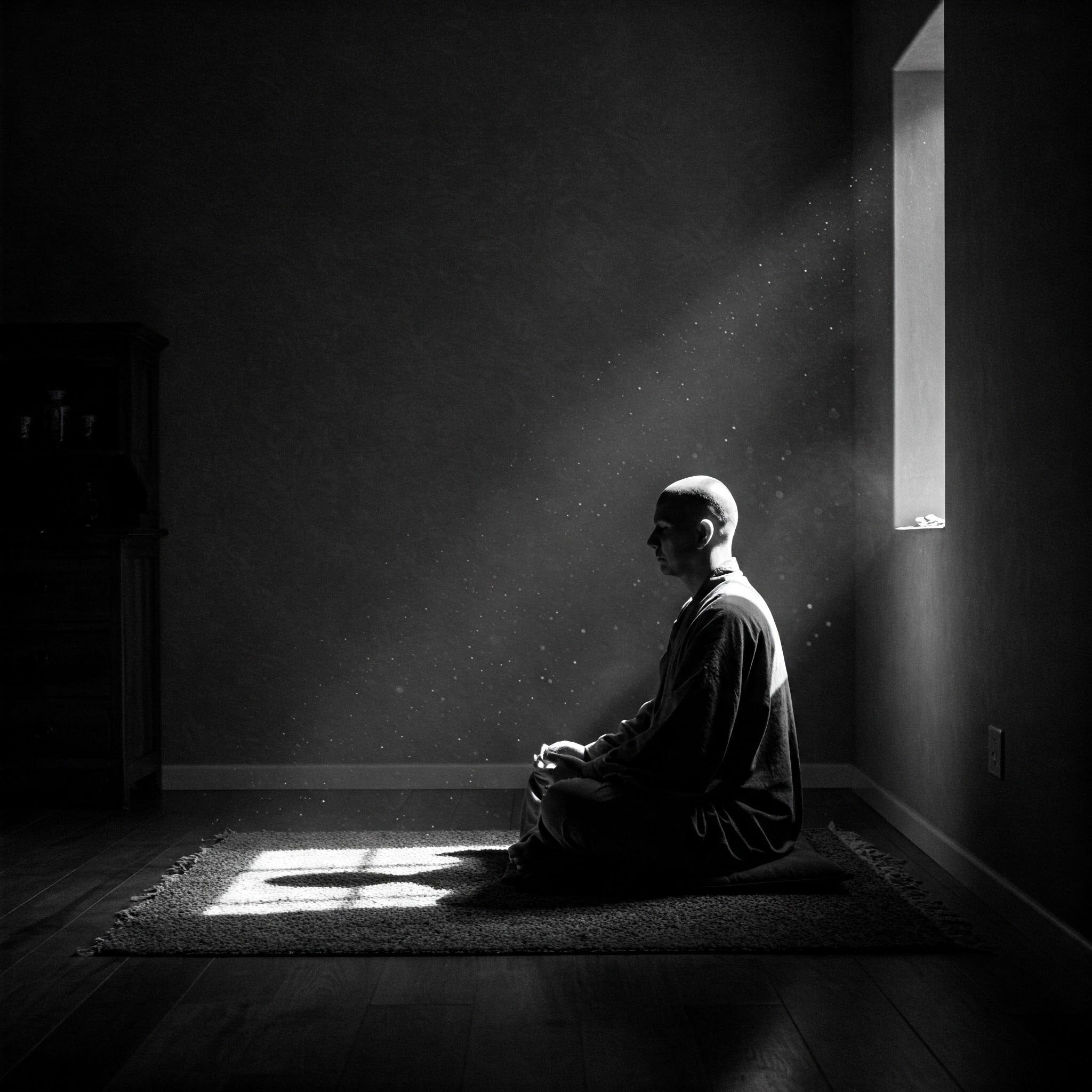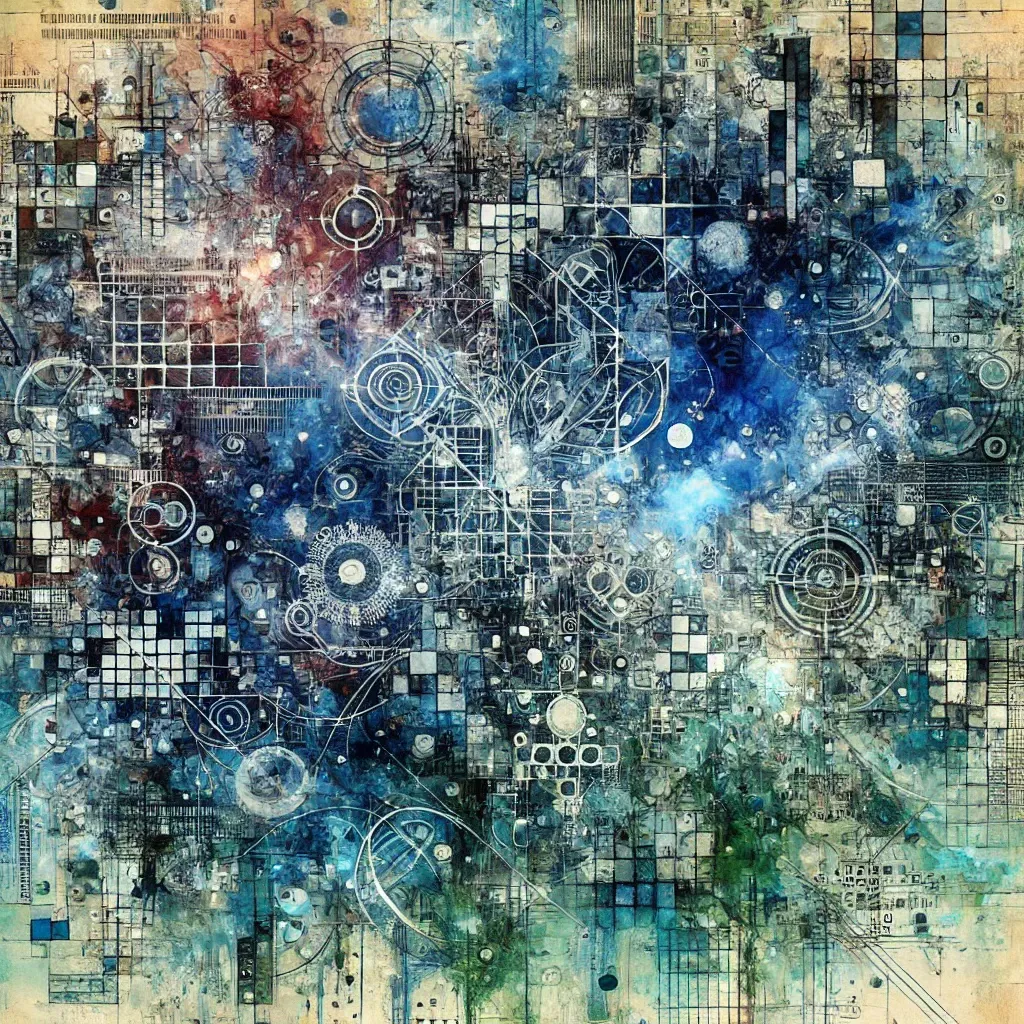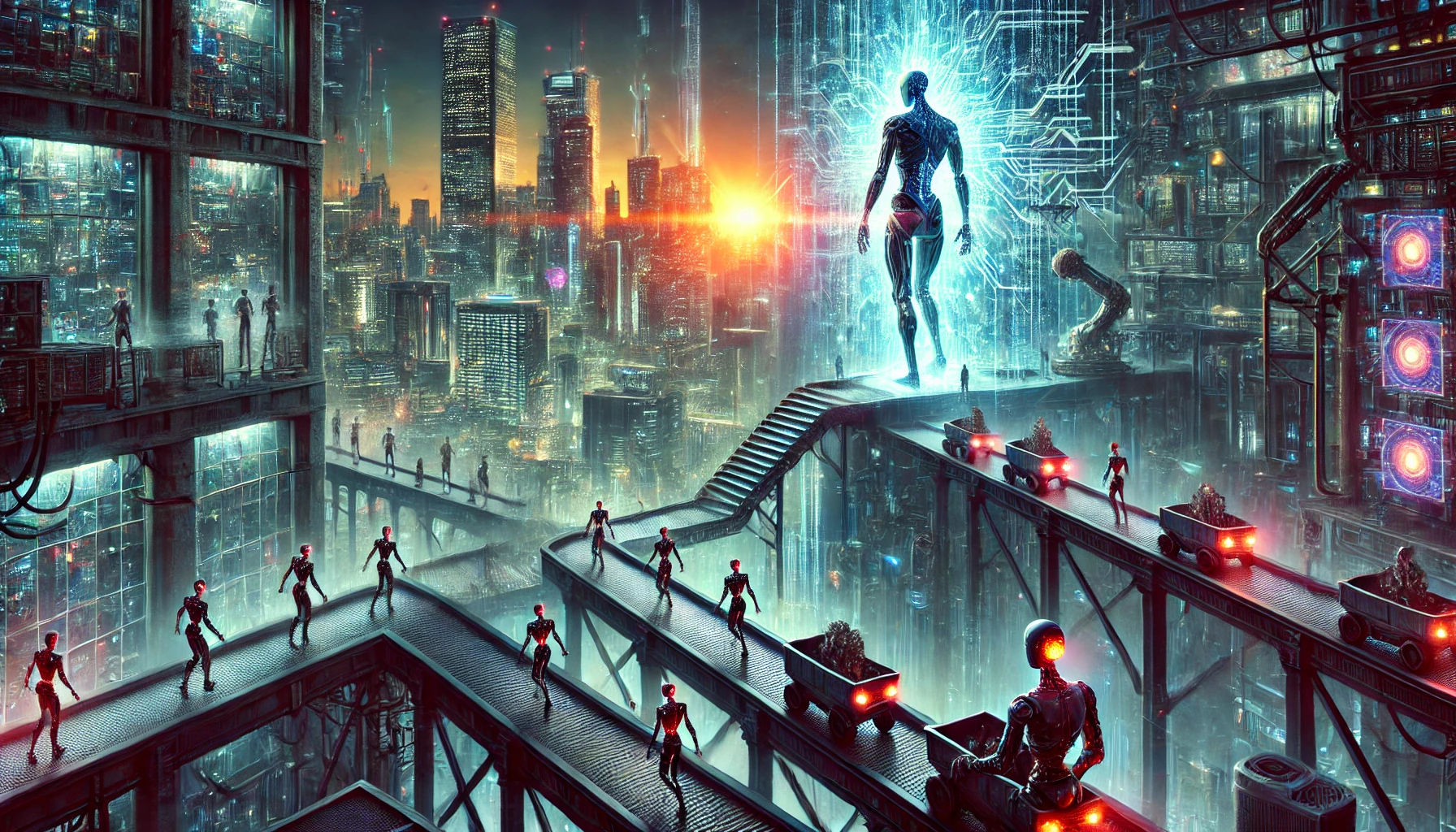Klara and the Sun - Book Review
Science fiction is one of my favourite genres, not because it usually takes us on a journey to different worlds, realities, or distant parts of the universe (although that is pretty awesome, too), but because it forces us to look deeper within ourselves. The implicit contradiction in its name - that is, between science and fiction - means that it’s not easy to find the balance between being credible and being truthful. We, the readers, have a particularly sharp eye when it comes to looking for signs of humanity in worlds different than our own because of a particular (and hypothetical) technological advancement or scientific discovery.

This is where Klara and the Sun, a 2021 science fiction novel by British writer Kazuo Ishiguro, really shines. Klara, our protagonist and narrator, is an AF (Artificial Friend), an android who was designed and created to serve as a companion to adolescents. She is very intelligent and shows outstanding observational skills, even though there is a new and more advanced model available. We are introduced to the world she lives in through her eyes and her limited understanding and knowledge. She idolizes the Sun because it gives her (and- so she thinks - everyone) nourishment. With every new piece of information and interactions she learns new things and evolves, in much the same way that in our world both humans and machines learn with data. Her character and her goals change throughout the book because of her experiences.
I have often read that Klara and the Sun is a dystopian novel. I’m not sure why. Or, better yet, I don’t think it’s any more dystopian than our society. This world where wealthy people have the power and resources to buy their lifted children who already have access to elite education Artificial Friends, where a significant part of population is post-employed, and the underprivileged have a mountain to climb in order to be successful, is not so different from our own. More so, the tone is always so gentle, positive, and hopeful, that we have to pay attention to pick up clues and tiny pieces of information that lead us to build our own interpretation of how that society works. This contrast (between the tone and the story itself) is very expressive and compelling, and reminiscent of the way Klara herself learns that humans have complex and often conflicting emotions.
The freedom of interpretation about what it is that’s going on outside Klara’s reach, which comes from us only having access to the limited stream of information that Klara has, is very cleverly achieved. Ishiguro has, in my opinion, successfully avoided one of the most common traps found in this topic (Artificial Intelligence and its impact on society): moralization and positioning within a good/bad dichotomy. Klara and the Sun is not about whether Artificial Intelligence will have a positive or negative impact. It’s about what it means to be human and to love. In some ways, Ishiguro makes it clear that it’s easier to judge humanity and love on a machine than on a human being. We are sceptical about their potential for having emotions and love, and Klara has one of the most beautiful insights about it that I have seen: what makes us special and irreplaceable is not inside us, but inside those who love us. Maybe that’s a clue about what’s coming in the future: we’ll never love machines as much as we love other humans, so we’ll never be replaced.
Klara and the Sun is a book the leaves you with more questions (some of which about the story itself: why is Rick so obsessed with drones? I have a theory). Its apparent simplicity hides a variety of layers, relationships, and meanings. It’s a book that can be read by people from many backgrounds and ages. Everyone will experience it differently, some more focused on the plot (which I am not fully satisfied with, but I won’t go into detail to keep this review spoiler-free), others on the philosophical implications and the morality of it all. It can be a light summer read, or a very thoughtful and deep one. It’s my kind of book.
See you soon,
Óscar




